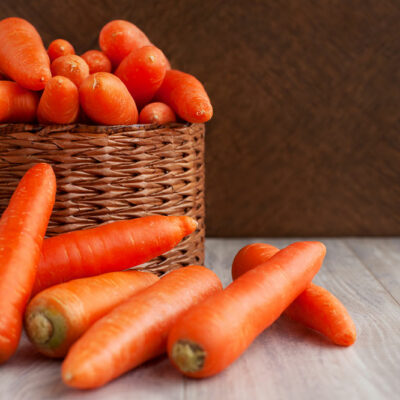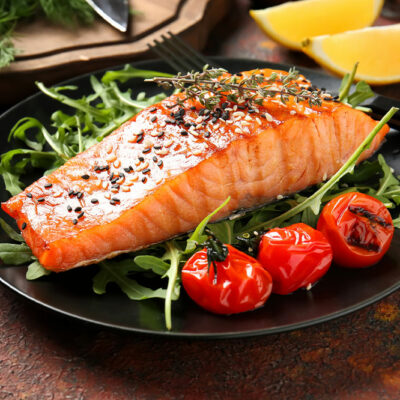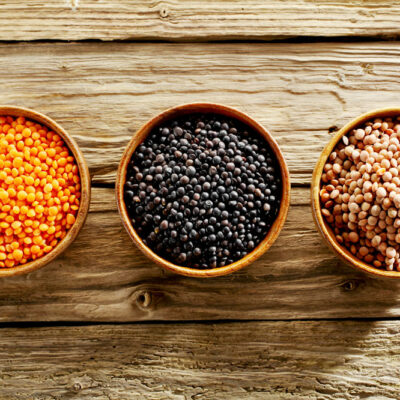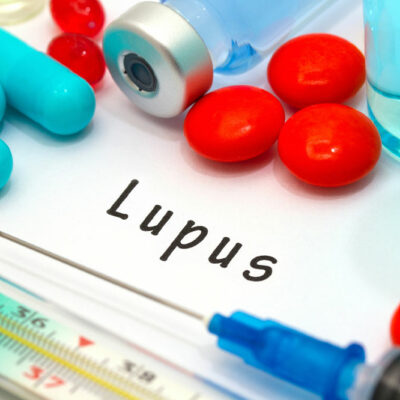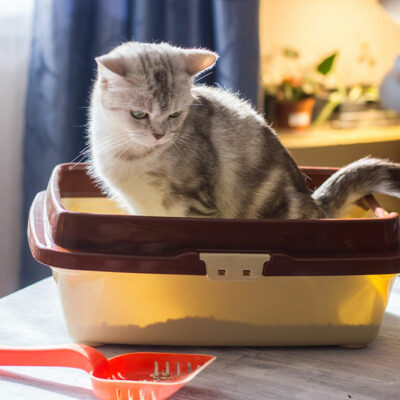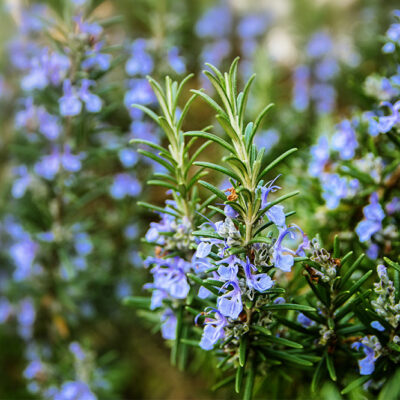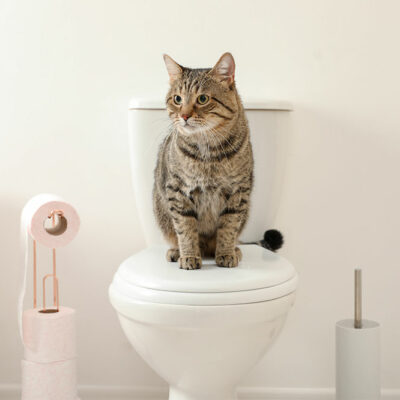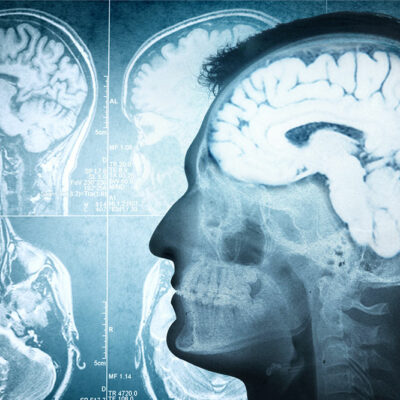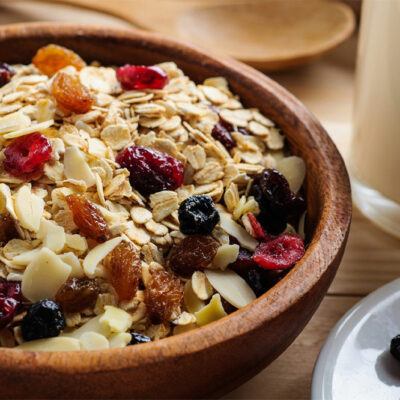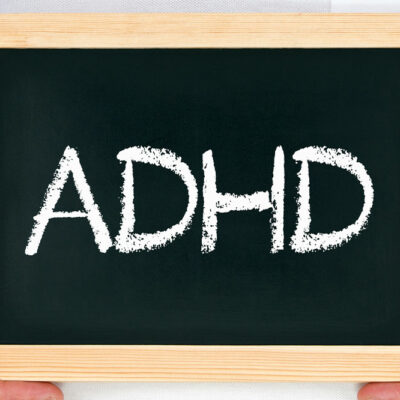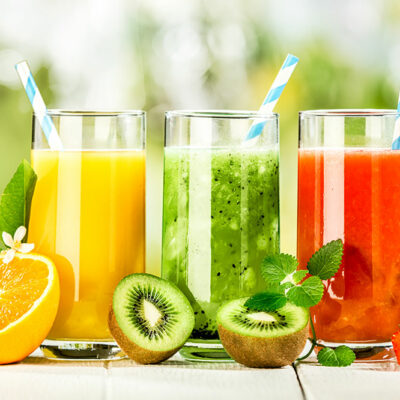
Diets & Meal Plans
Foods to eat and avoid for managing bladder control problems
Statistics suggest that more than 30 percent of women in our country have issues with bladder control. The problem could arise due to many factors, including age, excess body weight, weak bladder muscles, and overuse of certain medications. Thankfully, patients can manage the symptoms associated with an overactive bladder by following a proper nutrition plan. Below, we’ve listed a few foods that individuals with the condition should eat and avoid. Foods to avoid People with bladder control issues should stay away from the following: Caffeine Caffeine is one of the primary triggers of the condition. Products like coffee, tea, energy drinks, and carbonated drinks have a diuretic effect, promoting urination. Alcohol This is another diuretic that can impact bladder control. Alcohol not only increases the pressure in the detrusor muscles but also affects the body’s natural signals that tell the brain when to empty the bladder. Spicy foods Foods such as peppers, chili powder, horseradish, and other spices can irritate the bladder lining, increasing the urge to urinate. Spicy foods also increase the tendency to drink more water, worsening the symptoms of urinary incontinence. Artificial sweeteners Like spicy foods, artificial sweeteners can also worsen bladder control by making the bladder muscles hyperactive.
